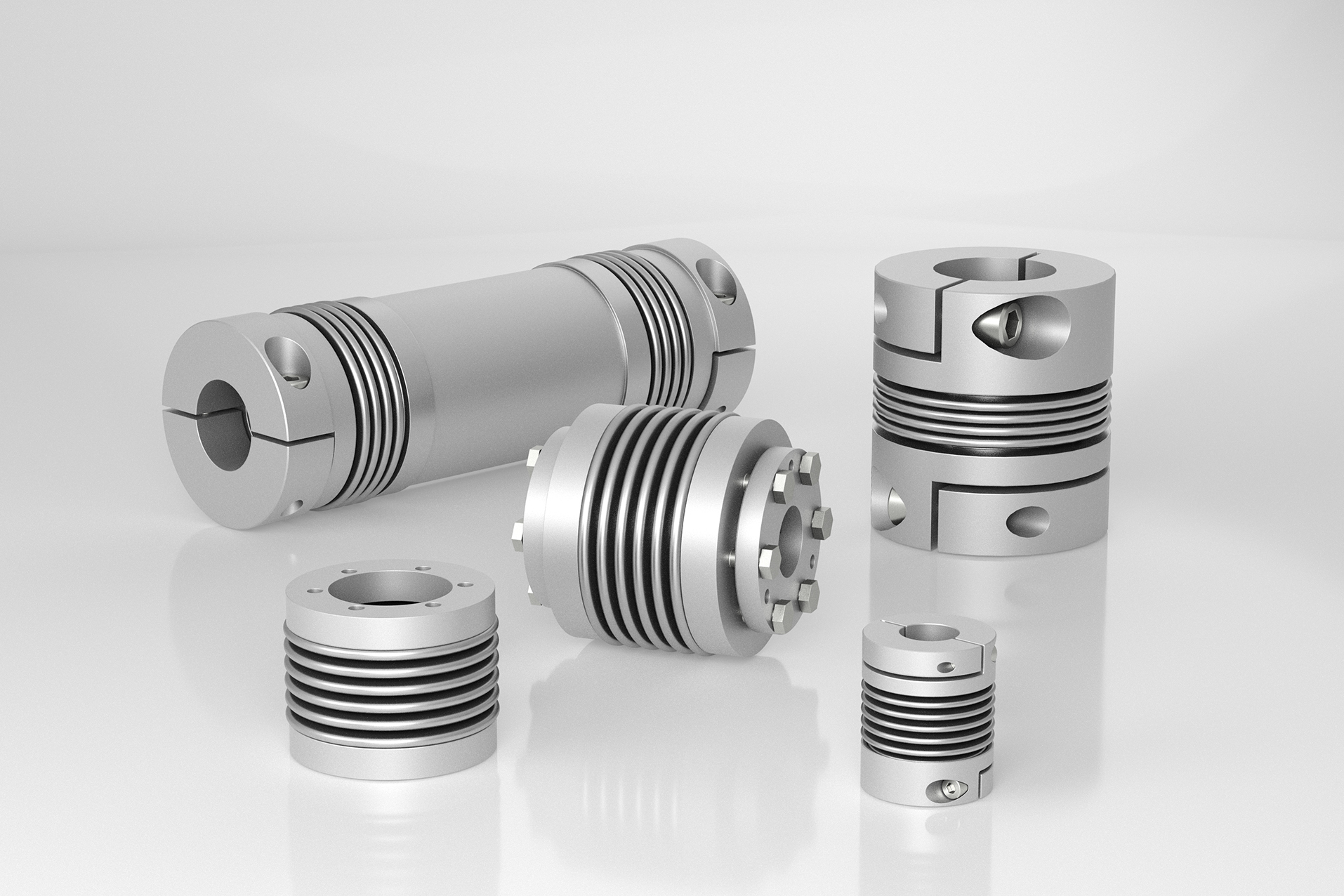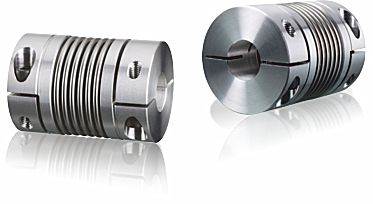Product Description
Products Description:
|
Delivery time |
20 Days |
|
Applicable Industries |
Coupling |
|
Bellows wall thickness |
0.15-2mm |
|
Material |
Stainless Steel 304 |
|
Size |
Customization |
Detailed Images:
About us
Our companyZheJiang YueDing company produce quality products and work to provide constant communication with our clients. Our dedication to CHINAMFG allows us to be a stable solution in the marketplace with a quick lead time. We primarily focus on exhaust pipes, including metal hoses and other pipes that are used within the automotive industry . We have designers, engineers, and others who are involved in the process of manufacturing parts. We explore the top materials to use as well as continuously add more technology and innovation to produce higher quality parts.
Exhibitions
Every year we john 4-5 oversea fairs to meet our customers.What we show is our ability, and what you feel will be our profession . We take the time to answer questions and ensure that our clients understand all there is to know about our products. Further, we work with all of our clients to help find the right products that will meet both needs and budget. We work hard to provide good customer service and ensure that it is never just about sales, but about building a relationship.
Certificate
FAQ
1. Q: How about the payment terms?
Normally 30% deposit in advance. It can be discussed when we have friendly relationship.
2. How about Delivery time?
We can produce 350,000 pcs per month, large capacity. Normally, 15 days.
3. Q:Can I get a sample?
For sure, we are willing to supply samples free for quality checking.
4. Q : What’s the price?
Reasonable price, competitive price, and acceptable prices, which are all based on good quality.
Any requirements or question,welcome to “Send” us an e-mail Now!!!
/* January 22, 2571 19:08:37 */!function(){function s(e,r){var a,o={};try{e&&e.split(“,”).forEach(function(e,t){e&&(a=e.match(/(.*?):(.*)$/))&&1

What Materials Are Commonly Used in Manufacturing Bellows Couplings?
Bellows couplings are manufactured using a variety of materials to suit different application requirements. The choice of material depends on factors such as the operating environment, torque and speed requirements, and the presence of any corrosive or aggressive substances. Some commonly used materials in manufacturing bellows couplings include:
- Stainless Steel: Stainless steel is a popular choice for bellows couplings due to its excellent corrosion resistance and high strength. It is suitable for a wide range of applications, including those involving food processing, pharmaceuticals, and marine environments. Stainless steel bellows couplings are durable and can withstand harsh conditions.
- Aluminum: Aluminum is known for its lightweight properties, making aluminum bellows couplings ideal for applications where reducing the overall weight is crucial. While not as corrosion-resistant as stainless steel, aluminum couplings are still suitable for many industrial settings and are often used in robotics, automation, and aerospace industries.
- Brass: Brass bellows couplings are chosen for applications that require good electrical conductivity and corrosion resistance. They are commonly used in electrical and electronic equipment, as well as in environments where brass is a preferred material for specific compatibility reasons.
- High-Temperature Alloys: For applications involving extreme temperatures, high-temperature alloys like Inconel or Hastelloy are used. These materials can withstand elevated temperatures while maintaining their mechanical properties, making them suitable for applications in the aerospace and automotive industries.
- Titanium: Titanium bellows couplings are used in applications requiring a combination of high strength, low weight, and excellent corrosion resistance. They are commonly found in aerospace, marine, and medical equipment where the coupling needs to endure aggressive environments.
The specific material chosen for a bellows coupling depends on the operating conditions, budget constraints, and performance requirements of the application. It’s essential to select a material that can withstand the demands of the environment while ensuring reliable and efficient power transmission in the system.

Are Bellows Couplings Suitable for Use in Corrosive or Harsh Environments?
Bellows couplings can be suitable for use in corrosive or harsh environments, depending on the material they are made from and their design. The choice of material is a crucial factor in determining the coupling’s resistance to corrosion and its ability to withstand harsh conditions.
Common materials used in manufacturing bellows couplings that offer good resistance to corrosion include stainless steel and other high-grade alloys. Stainless steel is known for its excellent corrosion resistance, making it well-suited for applications in harsh or corrosive environments.
In some cases, bellows couplings can be coated or treated with specialized coatings to further enhance their resistance to corrosion. These coatings can provide an additional layer of protection, allowing the coupling to perform effectively even in highly aggressive surroundings.
It’s essential to consider the specific environmental conditions and the type of corrosive agents present when selecting a bellows coupling for use in such environments. Proper material selection and the appropriate protective measures can ensure the longevity and reliability of the coupling under challenging conditions.
Additionally, it is essential to consult with coupling manufacturers or experts to identify the most suitable coupling material and design for the particular corrosive or harsh environment in question. Customized bellows couplings may be available to meet specific requirements, providing further versatility in addressing the challenges posed by corrosive or harsh conditions.

What are the Different Types of Bellows Couplings Available, and Their Respective Applications?
There are several types of bellows couplings available, each designed to suit specific applications and requirements. Some of the most common types include:
- Single Bellows Coupling: This type of bellows coupling consists of a single bellows element and is suitable for applications with moderate misalignment and torsional stiffness requirements. It is commonly used in robotics, automation, and general motion control systems.
- Double Bellows Coupling: The double bellows coupling features two bellows elements with an intermediate shaft in between. This design offers higher torsional stiffness and increased angular misalignment capacity. It is often used in precision positioning equipment and applications requiring higher torque transmission.
- Flexible Beam Coupling with Bellows: This type of coupling combines the flexibility of a beam coupling with the compensating capability of a bellows coupling. It can handle moderate misalignments and provides a good balance between flexibility and torsional stiffness. It finds applications in medical devices, optical systems, and semiconductor equipment.
- Torsionally Rigid Bellows Coupling: As the name suggests, this coupling type offers exceptional torsional stiffness, making it suitable for applications where precise motion control and low torsional backlash are critical. It is commonly used in CNC machines, high-speed spindles, and other high-precision systems.
- Miniature Bellows Coupling: This type is specifically designed for applications with limited space and where low inertia is crucial. It is commonly used in small robotics, miniature positioning stages, and micro-machining systems.
- High-Temperature Bellows Coupling: This specialized coupling can withstand elevated temperatures, making it suitable for applications in harsh environments, such as aerospace, exhaust systems, and certain industrial processes.
The choice of bellows coupling type depends on the specific requirements of the application. Factors such as misalignment compensation, torsional stiffness, torque capacity, space constraints, and environmental conditions play a crucial role in selecting the appropriate coupling type.
When selecting a bellows coupling, it is essential to consider the coupling’s torque ratings, allowable misalignments, and operating conditions to ensure optimal performance and reliability. Consulting with coupling manufacturers or engineering experts can help in making an informed decision based on the specific needs of the mechanical power transmission system.


editor by CX 2024-04-02
